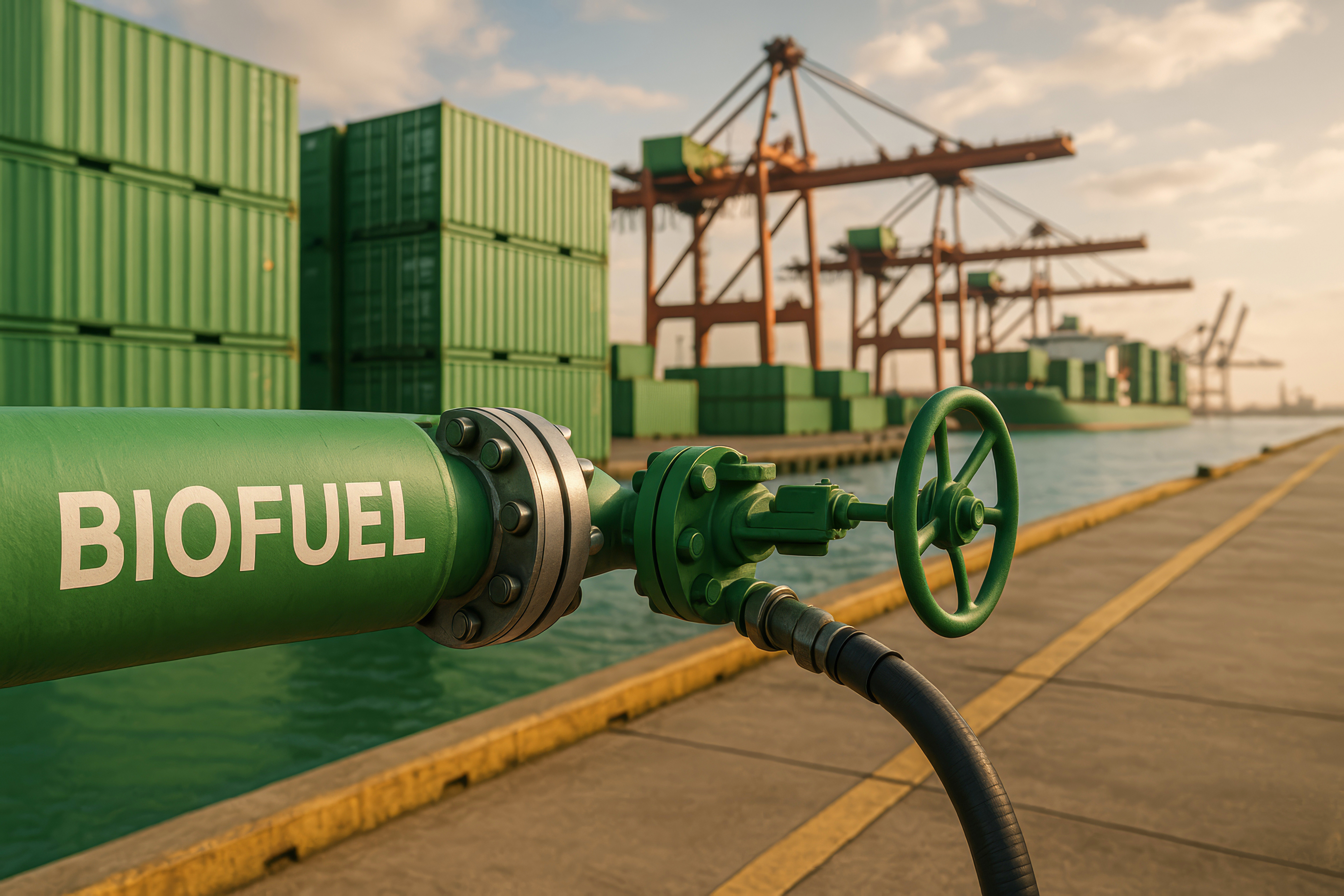米国商船業界の再活性化を目的とした「SHIPS for America法案」は、2030年までに、米国政府が資金提供するすべての貨物および中国から輸入される商業品の一部を米国籍船で輸送することを義務付けています。
現在、国際貿易に従事する米国籍船は約80隻に過ぎませんが、中国船籍はおよそ5,500隻にのぼります。
2025年1月、米国通商代表部は、中国が不公正な貿易慣行を通じて造船市場と船隊を拡大し、米国の商業および国家安全保障に悪影響を及ぼしていると結論づけました。
2025 年4 月に再提出された「米国の繁栄と安全のための造船・港湾インフラ法(SHIPS for America法案)」は、競争力のある外航商船を建造できるよう、米国の造船所産業基盤の再建をするとともに、造船所の増設および船員の雇用・訓練・定着を促進するための包括的な取り組みです。
The SHIPS for America Act, aimed at revitalizing the US Merchant Marine, will require all US Government-funded cargo and a portion of commercial goods imported from China to be transported by US-flagged vessels by 2030.
Currently, only about 80 merchant ships fly the United States flag in international commerce, while some 5,500 vessels fly the Chinese flag. In January 2025, the US Trade Representative concluded that China has engaged in unfair trade practices, enabling it to grow its shipbuilding capacity and fleet at the expense of American commerce and national security.
The recently reintroduced Shipbuilding and Harbor Infrastructure for Prosperity and Security (SHIPS) for America Act is a comprehensive approach to revitalize the US shipyard industrial base to produce competitive oceangoing commercial vessels, while expanding shipyard and mariner recruitment, training and retention. A vibrant US Merchant Marine is necessary to support American supply chains during peacetime and to transport critical goods and military cargo in wartime.
Strategic Commercial Fleet Program
The proposed SHIPS for America Act legislation sets the target of adding 250 US-built, flagged, and crewed vessels to the commercial fleet within the next decade through the Strategic Commercial Fleet Program (SCFP). The plan is for the fleet to compromise select US-built vessels (tanker vessels are prioritized) which will receive regular repairs in US yards. Eligible ships would be included in the SCFP for 7 years, which could be extended twice (to a total of 21 years).
Recognizing that there are currently insufficient numbers of US compliant vessels, eligible shipowners can also submit foreign-built vessels for consideration for entry into the SCFP fleet and reflag them. These “interim vessels” would remain in the US-flagged fleet until they can be replaced by US-built vessels. Other than interim vessels, foreign-built vessels will not be allowed into the SCFP after 2030.
The Act includes cargo preference rules and new regulations to boost competitiveness. Starting in 2030, the SHIPS for America Act would require all US Government-funded cargo to be carried aboard US-flagged vessels and also require a portion of commercial goods imported from China to be shipped aboard US-flagged ships (1% within 5 years and 10% within 15 years). US-built tankers will be required to transport 10% of all US crude oil exports by 2035 and 15% of all LNG exports by 2043. US ports may also give priority to US-flagged vessels ahead of waiting ships from foreign-flagged countries of concern (Russia, China, Iran or North Korea).
The SHIPS for America Act would also create a Maritime Security Trust Fund (MSTF) funded by duties, fees, penalties, tariffs and taxes collected by US Customs and Border Protection (CBP). Since it is self-funding, the MSTF would therefore not be subject to annual congressional appropriations.
A companion bill, the Building SHIPS in America Act, provides federal funds and tax incentives to boost investment in US shipyards and ship construction. This proposed legislation authorises $250 million annually (FY26-35) for domestic shipbuilding projects, and shipowners are further incentivised to build US-flagged vessels with a 33% tax credit.
New Federal Maritime Security Board
Additionally, the SHIPS for America Act would create a Maritime Security Advisor within the White House to head an inter-agency Maritime Security Board to coordinate maritime policy across relevant federal agencies. This includes modernizing the U.S. Coast Guard’s merchant mariner credentialing system as well as addressing infrastructure needs at the U.S. Merchant Marine Academy.
If the proposed bipartisan legislation sails through Congress and is signed into law, the SHIPS for America Act will represent one of the most comprehensive efforts to rebuild US maritime infrastructure, increase US commercial vessel prowess and re-establish the US as a global maritime power.





